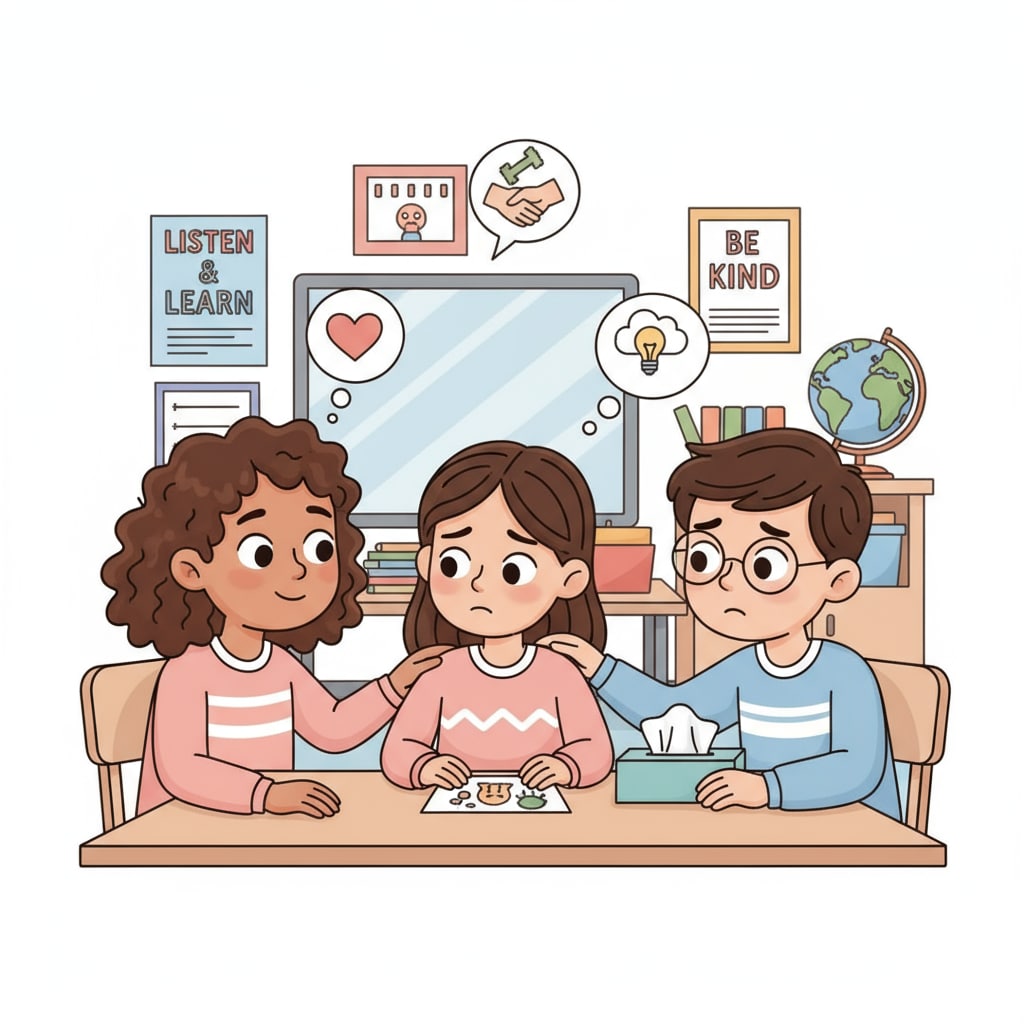Communication skills, active listening, and dialogue are essential components in the educational journey of K12 students. In the context of K12 education, communication is far more than just the act of speaking. It encompasses a wide range of abilities that are crucial for students’ personal growth and academic success. According to Wikipedia’s page on communication skills, effective communication involves not only expressing one’s thoughts clearly but also understanding and responding to others.
The Multi-Dimensional Nature of Communication Skills
Communication skills in K12 education have multiple dimensions. Firstly, empathy plays a vital role. Empathy allows students to understand the feelings and perspectives of their peers and teachers. For example, when a classmate is upset, a student with empathy can sense it and offer appropriate comfort. Secondly, emotional intelligence is key. It helps students manage their own emotions while being aware of the emotions of others. This is important in maintaining positive relationships in the classroom.

The Significance of Active Listening
Active listening is a fundamental part of communication. In a classroom setting, students who are active listeners can absorb information better. They focus on what the speaker is saying, ask relevant questions, and provide feedback. As stated on Britannica’s page on active listening, active listening involves more than just hearing words; it’s about comprehending the meaning and intent behind them. This skill enables students to build stronger relationships with their teachers and classmates.

Moreover, dialogue is the vehicle through which effective communication occurs. In a dialogue, students exchange ideas, share opinions, and learn from each other. Teachers can create opportunities for students to engage in meaningful dialogues, such as group discussions and debates. These activities not only improve students’ communication skills but also enhance their critical thinking abilities.
Readability guidance: By understanding the multi-dimensional nature of communication skills, the importance of active listening, and the power of dialogue, educators can take steps to cultivate these skills in K12 students. This will ultimately contribute to the students’ overall development and success in their educational and future endeavors.


